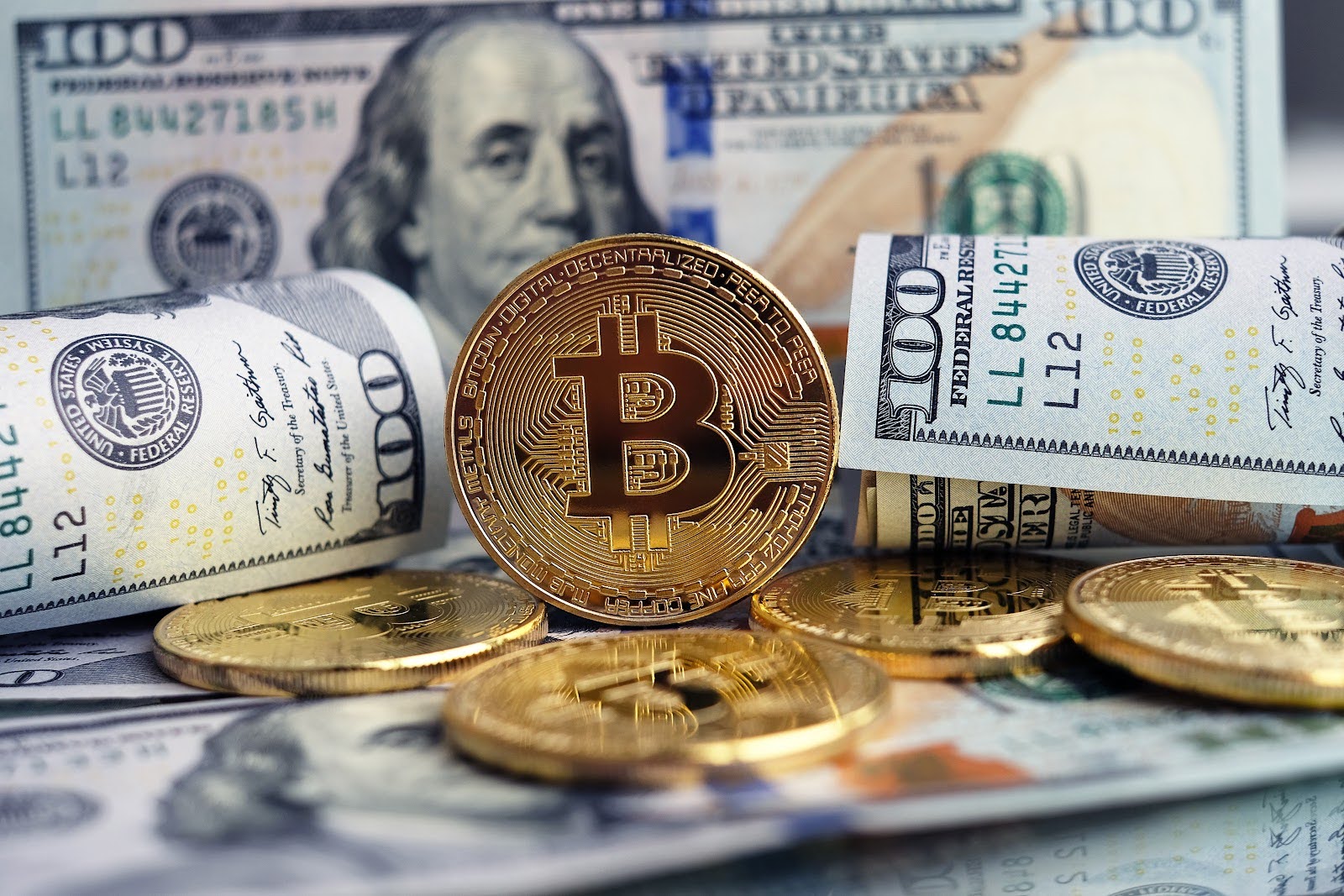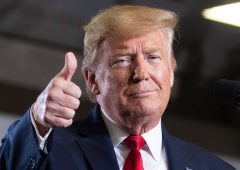Lomond School Becomes First in UK to Accept Bitcoin for Tuition Payments
12.04.2025 11:00 1 min. read Alexander Stefanov
Lomond School in Scotland is set to make history as the first educational institution in the United Kingdom to accept Bitcoin for tuition payments, marking a significant step in the broader adoption of digital assets in traditional sectors.
Starting from the autumn term in 2025, families will be able to pay school fees using Bitcoin through two FCA-registered service providers—CoinCorner and Musquet.
The school plans to initially convert incoming Bitcoin payments into British pounds but has also revealed ambitions to gradually build a reserve of the cryptocurrency over time.
The decision was driven in part by increasing interest from international families and education agents seeking more flexible and borderless payment options.
Lomond’s new approach reflects a rising trend in financial innovation within the education sector, as institutions explore ways to accommodate the growing global crypto economy.
Although crypto remains a relatively small part of the broader payment ecosystem, Lomond’s move aligns with a wider European push toward regulated adoption of digital assets. The school’s willingness to integrate crypto into its operations could pave the way for similar moves across the region.
As Bitcoin continues to gain ground in both mainstream finance and consumer payments, Lomond School’s leap into the digital currency world signals a shift in how traditional institutions are adapting to the future of money.
-
1
How Much Bitcoin You’ll Need to Retire in 2035
19.07.2025 19:09 2 min. read -
2
Esports Giant Moves Into Bitcoin Mining
05.07.2025 13:00 2 min. read -
3
Bitcoin Price Prediction: As BTC Hits New All-Time High Is $200K In Sight?
14.07.2025 21:56 3 min. read -
4
Bitcoin Dominance Nears Key Resistance — Is Altseason Coming Next?
13.07.2025 17:00 2 min. read -
5
Elon Musk Unveils His Own ‘America Party,’ Signals Pro-Bitcoin Political Shift
07.07.2025 11:40 2 min. read
Is Bitcoin’s Summer Slowdown a Buying Opportunity?
Bitcoin may be entering a typical summer correction phase, according to a July 25 report by crypto financial services firm Matrixport.
Massive Bitcoin Move Sparks Panic, Price Tests Range Low
Bitcoin has dropped sharply to test its local range low near $115,000, with analysts pointing to renewed whale activity and long-dormant supply movements as key contributors to the decline.
Bitcoin Scarcity Deepens: Less Than 5.3% Left to Mine
Bitcoin has reached a critical milestone in its programmed supply timeline—only 5.25% of the total BTC that will ever exist remains to be mined.
Strategy to Raise Another $2.47 Billion for Bitcoin Acquisition
Strategy the company formerly known as MicroStrategy, has announced the pricing of a new $2.47 billion capital raise through its initial public offering of Variable Rate Series A Perpetual Stretch Preferred Stock (STRC).
-
1
How Much Bitcoin You’ll Need to Retire in 2035
19.07.2025 19:09 2 min. read -
2
Esports Giant Moves Into Bitcoin Mining
05.07.2025 13:00 2 min. read -
3
Bitcoin Price Prediction: As BTC Hits New All-Time High Is $200K In Sight?
14.07.2025 21:56 3 min. read -
4
Bitcoin Dominance Nears Key Resistance — Is Altseason Coming Next?
13.07.2025 17:00 2 min. read -
5
Elon Musk Unveils His Own ‘America Party,’ Signals Pro-Bitcoin Political Shift
07.07.2025 11:40 2 min. read


